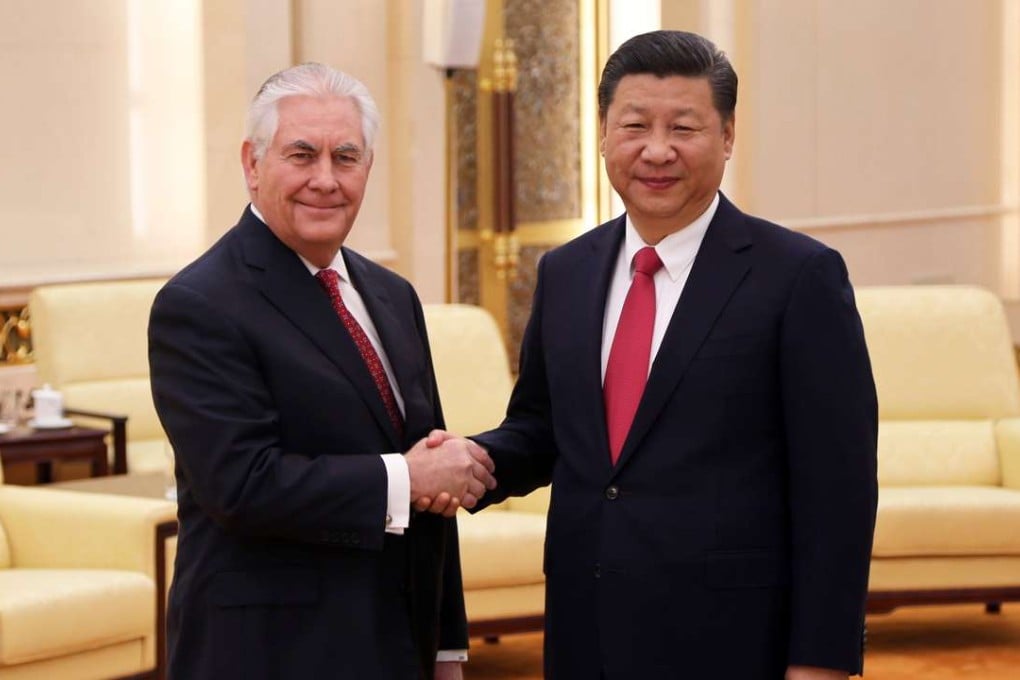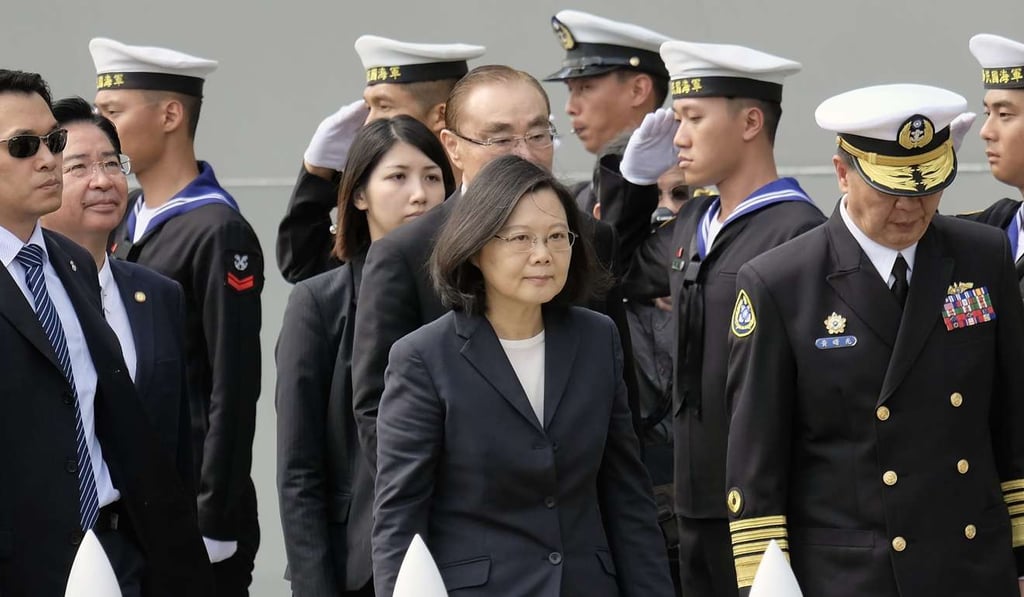Xi and Trump tipped to play down Taiwan at Florida summit
Experts anticipate trade and North Korea to dominate meeting, overriding status of Taiwan

Beijing will push to further marginalise Taiwan in the Sino-US relationship during next week’s summit between President Xi Jinping and his US counterpart Donald Trump, observers say.
The summit is expected to be dominated by trade issues and North Korea’s nuclear development, but the leaders may agree to play down Taiwan, observers on the mainland and self-ruled island said.
“It’s inevitable for Taiwan to be marginalised since the two countries have more important issues to discuss, said Tang Shao-cheng, an international relations expert at Taiwan’s National Chengchi University.
“If Beijing shows willingness to cooperate with Washington in trade and to exert more pressure on Pyongyang, Washington might in turn play down Taiwan.”

Before taking office, Trump angered Beijing by accepting a congratulatory phone call from Tsai Ing-wen, the island’s pro-independence leader, and hinted he might reconsider it recognition of the one-China policy. Beijing warned at the time that such a move would jeopardise Sino-US relations.